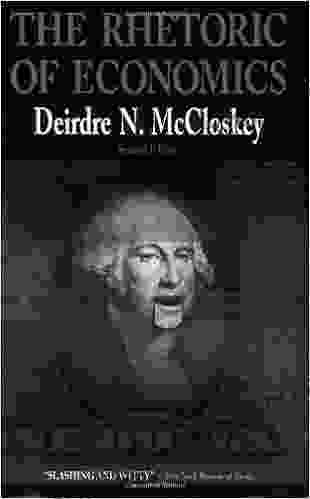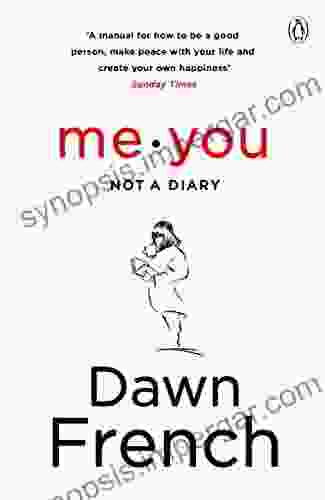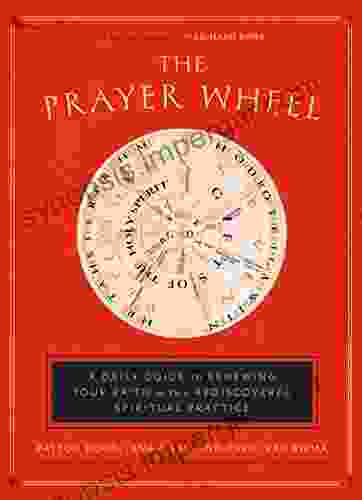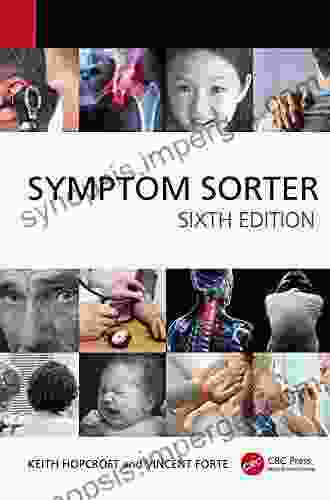Delving into the Rhetoric of Economics and the Human Sciences: An Exploration of "The Rhetoric of Economics, Rhetoric of the Human Sciences"

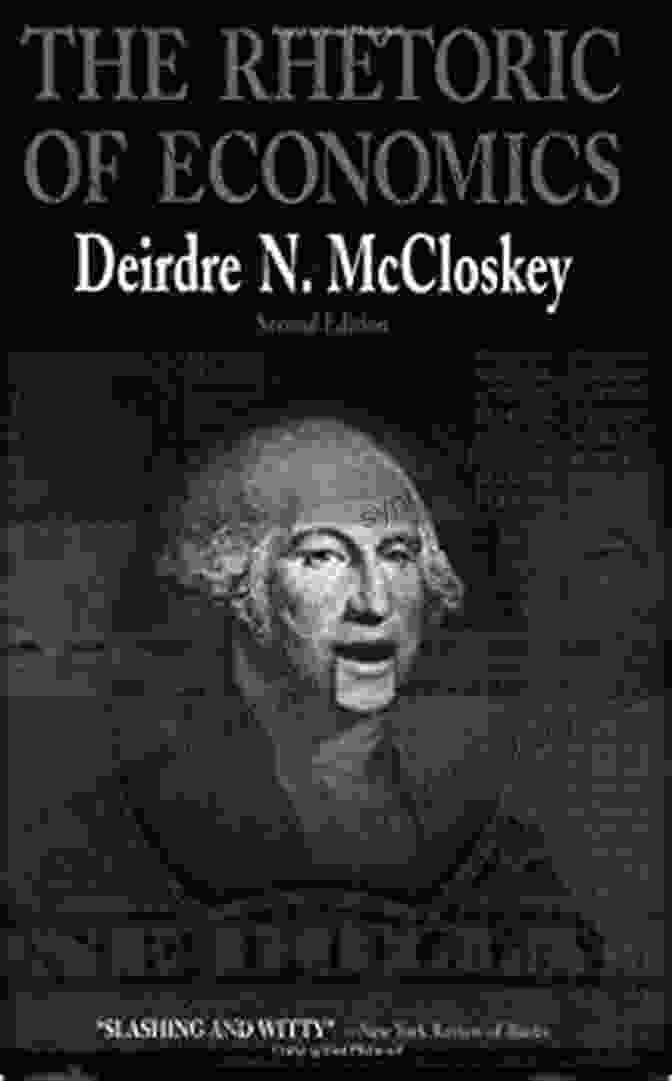
In the realm of scholarship, language plays a pivotal role in shaping our understanding of the world. "The Rhetoric of Economics, Rhetoric of the Human Sciences" by Dale M. Bauer and George Gaskell offers a thought-provoking analysis of how language and rhetoric influence our perceptions and interpretations of economics and human sciences. This comprehensive and insightful book explores the intricate relationship between language, knowledge, and power, inviting readers to critically examine the ways in which discourse shapes our understanding of complex social and economic phenomena.
4.2 out of 5
| Language | : | English |
| File size | : | 3010 KB |
| Text-to-Speech | : | Enabled |
| Screen Reader | : | Supported |
| Word Wise | : | Enabled |
| Print length | : | 248 pages |
The Art of Persuasion in Economics
Bauer and Gaskell delve into the persuasive techniques employed in economic discourse, highlighting how language is used to construct arguments, influence opinions, and legitimize certain economic policies. They analyze the use of metaphors, analogies, and narratives, demonstrating how these rhetorical devices can shape our understanding of economic concepts and sway our policy preferences. By exposing the persuasive nature of economic rhetoric, the authors encourage readers to scrutinize economic claims more critically and be mindful of the potential biases and interests that may underlie them.
Language and the Construction of Knowledge
Moving beyond persuasive techniques, "The Rhetoric of Economics, Rhetoric of the Human Sciences" examines how language actively participates in the construction of economic knowledge. The authors argue that economic theories and models are not objective representations of reality but rather linguistic constructs that are shaped by the language and rhetoric used to describe them. By analyzing the historical evolution of economic discourse, they demonstrate how language has played a crucial role in shaping our understanding of economic phenomena and influencing economic policies.
Power and Legitimacy in Human Sciences
The book extends its analysis to the human sciences, examining how language and rhetoric are used to establish and maintain power and legitimacy in disciplines such as sociology, psychology, and anthropology. Bauer and Gaskell explore the ways in which certain discourses and methodologies are privileged over others, creating a hierarchy of knowledge within the human sciences. They also analyze how language is used to construct and justify social categories, influencing our perceptions of different groups and shaping our social policies.
Critical Literacy and Social Change
"The Rhetoric of Economics, Rhetoric of the Human Sciences" culminates in a call for critical literacy, emphasizing the importance of recognizing and understanding the rhetorical dimensions of economics and human sciences. By developing critical literacy skills, readers can become more discerning consumers of information, capable of evaluating the validity and biases of various claims and discourses. This critical awareness empowers individuals to participate more effectively in public debates, challenge unjust power structures, and work towards social change.
"The Rhetoric of Economics, Rhetoric of the Human Sciences" by Dale M. Bauer and George Gaskell is an indispensable resource for students, scholars, and anyone interested in understanding the profound impact of language and rhetoric on our perceptions and interpretations of economics and human sciences. By unraveling the persuasive techniques, linguistic constructions, and power dynamics that shape these fields, the book provides a valuable framework for critically examining economic and social claims, fostering critical literacy, and ultimately contributing to more informed and just societies.
4.2 out of 5
| Language | : | English |
| File size | : | 3010 KB |
| Text-to-Speech | : | Enabled |
| Screen Reader | : | Supported |
| Word Wise | : | Enabled |
| Print length | : | 248 pages |
Do you want to contribute by writing guest posts on this blog?
Please contact us and send us a resume of previous articles that you have written.
 Book
Book Novel
Novel Page
Page Chapter
Chapter Text
Text Story
Story Genre
Genre Reader
Reader Library
Library Paperback
Paperback E-book
E-book Magazine
Magazine Newspaper
Newspaper Paragraph
Paragraph Sentence
Sentence Bookmark
Bookmark Shelf
Shelf Glossary
Glossary Bibliography
Bibliography Foreword
Foreword Preface
Preface Synopsis
Synopsis Annotation
Annotation Footnote
Footnote Manuscript
Manuscript Scroll
Scroll Codex
Codex Tome
Tome Bestseller
Bestseller Classics
Classics Library card
Library card Narrative
Narrative Biography
Biography Autobiography
Autobiography Memoir
Memoir Reference
Reference Encyclopedia
Encyclopedia Stephen Weber Long
Stephen Weber Long Doug Erlandson
Doug Erlandson Theodore Catton
Theodore Catton David Murphy
David Murphy Nicole Davis Woodruff
Nicole Davis Woodruff Warren Kozak
Warren Kozak H S Contino
H S Contino David Rigby
David Rigby Del Kiernan Lewis
Del Kiernan Lewis Dick Gregory
Dick Gregory Joanne Fedler
Joanne Fedler Diane Boucher
Diane Boucher Dina Behrman
Dina Behrman Diana Loera
Diana Loera Dennis Littrell
Dennis Littrell David Rensin
David Rensin I C Mcmanus
I C Mcmanus Robert Gerwarth
Robert Gerwarth Nissim Rejwan
Nissim Rejwan James Geach
James Geach
Light bulbAdvertise smarter! Our strategic ad space ensures maximum exposure. Reserve your spot today!
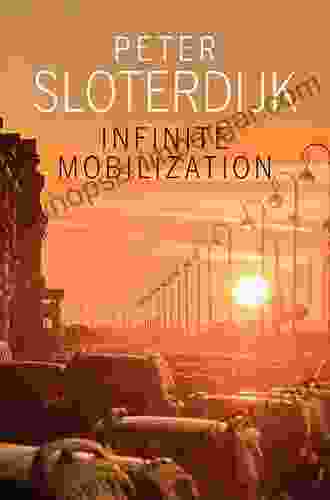
 Stuart BlairInfinite Mobilization: Peter Sloterdijk's Radical Vision of Human Existence...
Stuart BlairInfinite Mobilization: Peter Sloterdijk's Radical Vision of Human Existence... Fernando PessoaFollow ·12.1k
Fernando PessoaFollow ·12.1k Al FosterFollow ·14.4k
Al FosterFollow ·14.4k Chadwick PowellFollow ·9.9k
Chadwick PowellFollow ·9.9k Guillermo BlairFollow ·12.3k
Guillermo BlairFollow ·12.3k Howard BlairFollow ·5.4k
Howard BlairFollow ·5.4k Ian MitchellFollow ·17.2k
Ian MitchellFollow ·17.2k Richard AdamsFollow ·5k
Richard AdamsFollow ·5k Raymond ChandlerFollow ·16.3k
Raymond ChandlerFollow ·16.3k

 Ivan Turgenev
Ivan Turgenev38 Art Made During The Pandemic Digitally Enhanced Art...
By [Author's Name] The year 2024 was a time...

 F. Scott Fitzgerald
F. Scott FitzgeraldAmazing Cooking Guide To South Beach Diet: Your Culinary...
Embark on a...
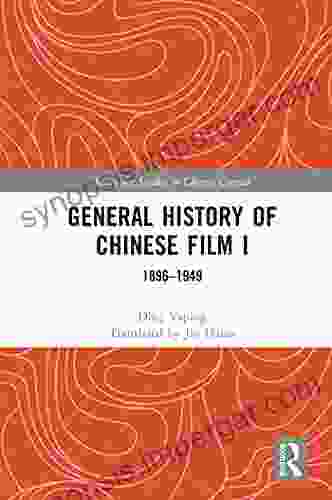
 Zachary Cox
Zachary CoxGeneral History of Chinese Film: A Journey Through Time...
Origins and...

 Cristian Cox
Cristian CoxUnderstanding Antidepressants: An In-Depth Guide to...
Unleashing the Power of...
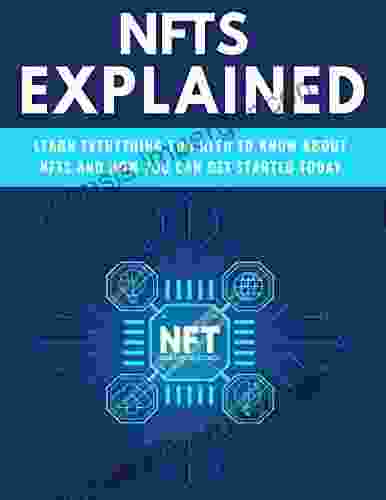
 Jeremy Cook
Jeremy CookUnlock the NFT Revolution: A Comprehensive Guide for...
The world of Non-Fungible Tokens (NFTs) has...

 Kevin Turner
Kevin TurnerSeneca and Roman Slavery Under Nero's Rule: An In-Depth...
During the reign of...
4.2 out of 5
| Language | : | English |
| File size | : | 3010 KB |
| Text-to-Speech | : | Enabled |
| Screen Reader | : | Supported |
| Word Wise | : | Enabled |
| Print length | : | 248 pages |


